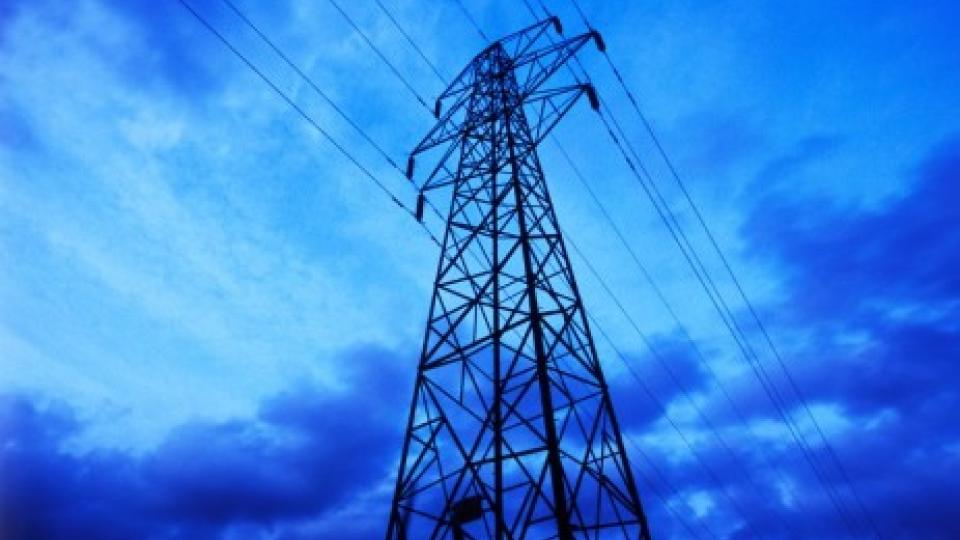Sale of Ausgrid should be stopped once and for all

The NSW government had proposed to sell a 99-year lease on 50.4% of Ausgrid as part of privatising the state’s power system.
In the recent controversy over the proposed sale of key NSW state-owned electricity company Ausgrid to Chinese bidders, the primary issue seems to have been lost: a vital public asset such as Ausgrid should not be privatised in the first place, whoever the potential buyers might be.
A storm broke out over the planned sale of Ausgrid by the state government to either of two Chinese corporations: the government-owned State Grid Corporation of China; or the privately-owned Hong Kong-listed Cheung Kong Infrastructure Group (CKI), controlled by billionaire Li Ka-shing.
The state government had proposed to sell a 99-year lease on 50.4% of Ausgrid as part of privatising the state's power system. The two Chinese companies were the only bidders at that stage.
The sale plan had been put before the Foreign Investment Review Board and Federal Cabinet. On August 11, federal Treasurer Scott Morrison announced a preliminary decision to block the sale, citing "national security concerns".
"Ausgrid's footprint includes critical power and communications services that Ausgrid provides to business and government. The security concerns are not country specific and relate to the transaction structure and the nature of the assets," Morrison said.
The federal government decision on Ausgrid follows the controversial lease of the Port of Darwin to a Chinese-owned company, the rejection of the sale of the giant Kidman cattle properties over security issues, and the approval of the Kimberley Ord cattle station sale before the recent election.
The Ausgrid sale issue provoked a xenophobic response from some quarters, notably Pauline Hanson and her One Nation Party. "Why would Communist China want to own our electricity? ... No foreign government, especially Communist China, should own and have control of our electricity here in Australia," Hanson said.
Both SA Senator Nick Xenophon and Queensland MP Bob Katter expressed concerns about selling control of "essential strategic services" to a Chinese-government-owned entity.
But, last year, another NSW government-owned electricity company, Transgrid, was privatised for $10.3 billion to a consortium comprising a Canadian pension fund, the Abu Dhabi Investment Authority and local infrastructure funds.
Ironically, State Grid already owns 46% of the South Australian transmission business Electranet, and 60% of the Jemena energy distribution business, which delivers electricity to much of Melbourne and gas to many homes and businesses in NSW.
CKI owns SA Power Networks in South Australia; CitiPower, which supplies electricity to Melbourne's CBD; Powercor, Victoria's largest electricity distributor; and other power and gas companies.
The long-term lease of Ausgrid had been expected to fetch at least $10 billion for the government, which is intended to fund the its privatised infrastructure program — primarily the monstrous WestConnex toll road.
NSW Premier Mike Baird said on August 8 that if the federal government rejected the sale of Ausgrid to a Chinese company, another bidder would step in.
"It's now up to [the federal government] to decide. I can assure you that, even if they take a decision that they don't want any particular bidder to proceed, there are a number of bidders that would be interested in these assets.
"They are great assets, great opportunity. What is important is the number of funds that become available for the infrastructure we are building," Baird said.
Whatever the alleged reasons given, the federal government's rejection of the sale of Ausgrid at this stage is a major setback to the Baird government's privatisation plans. The labour movement now needs to mobilise again to oppose the sale of Ausgrid or other power assets.
The key point here is that none of Australia's major publicly-owned power assets should have been privatised in the first place. Ausgrid should be retained by the government, so that any income from electricity supply can be utilised for the public good indefinitely, and not lost forever in return for short-term gain.
Privatisation of public electricity networks would result in a permanent loss of revenue for the state treasury — funds that could be spent on hospitals, schools and other public services — and effective community control over a transition to renewable energy sources would be severely hampered.
The sale of Ausgrid and other state-owned power companies should be stopped permanently, not because the bidders are Chinese state-owned or private corporations or other foreign multinationals, but because the sale of Australia's public assets is blatant theft of the people's property.
The privatisation mania that has gripped state and federal governments over decades is a key part of the worldwide neoliberal offensive, which attacks all public services and workers' rights in the interests of the 1% and private corporations.
It is time to turn back the privatisation tide, reject the sale of Ausgrid unconditionally and prepare to take back into public ownership the energy, banking and mining corporations that dominate our big-business economy.
Let's put people before profit, and defend and extend the public sector as part of a campaign to eventually replace private domination of our key industries by public ownership, under workers' and community control.